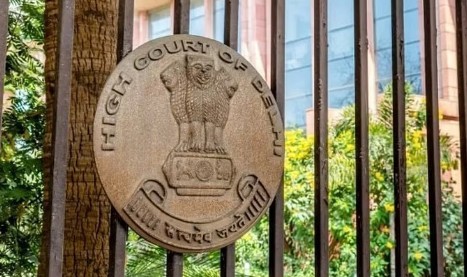New Delhi: The Delhi High Court dismissed a Public Interest Litigation (PIL) on Wednesday that requested the Indian government and the Ministry of Defence to establish a separate Gujjar Regiment in the Indian Army. The bench, comprising Justices Devendra Kumar Upadhyay and Tushar Rao Gedela, emphasized that government policies ensure equal recruitment opportunities for all citizens regardless of caste, region, or religion. They expressed disapproval of the petitioner’s attempt to seek a regiment based on a specific caste and questioned the legal and constitutional validity of such a demand, noting that no law or constitutional provision grants the right to create a regiment based on caste. The court reiterated that regiments are typically formed by integrating people from various regions and communities to promote national unity.
Acknowledging the court’s objections, the petitioner’s lawyer chose to withdraw the plea, and the case was dismissed as withdrawn. During the hearing, Advocate Monika Arora, representing the Union of India, stated that since independence, the government has maintained a policy of not forming new regiments based on particular communities, classes, religions, or regions, to ensure fair recruitment opportunities. She mentioned that several petitions, parliamentary questions, and private member bills have called for new regiments based on historical figures or regional identities, but the government has adhered to its policy.
The petitioner, Rohan Basoya, argued that the Gujjar community has a long history of bravery, participating in the 1857 Revolt, Indo-Pak wars of 1947, 1965, and 1971, as well as the Kargil conflict in 1999 and counterinsurgency operations in Jammu & Kashmir. Despite this, Gujjars have not been granted a dedicated regiment, unlike other martial communities such as Sikhs, Jats, Rajputs, Gorkhas, and Dogras. The plea also contended that the Indian Army has traditionally maintained community-based regiments to recognize specific communities’ contributions to national defense. The exclusion of Gujjars, the petition claimed, results in unequal representation and violates their constitutional rights under Articles 14 and 16. Establishing a Gujjar Regiment, they argued, would improve recruitment, ensure equal representation, and bolster national security.
Furthermore, the plea highlighted that the community’s significant presence in border regions like Jammu & Kashmir, Himachal Pradesh, Rajasthan, Uttarakhand, and Punjab makes the demand for a Gujjar Regiment strategically relevant for military operations, especially in counterinsurgency and border security.
